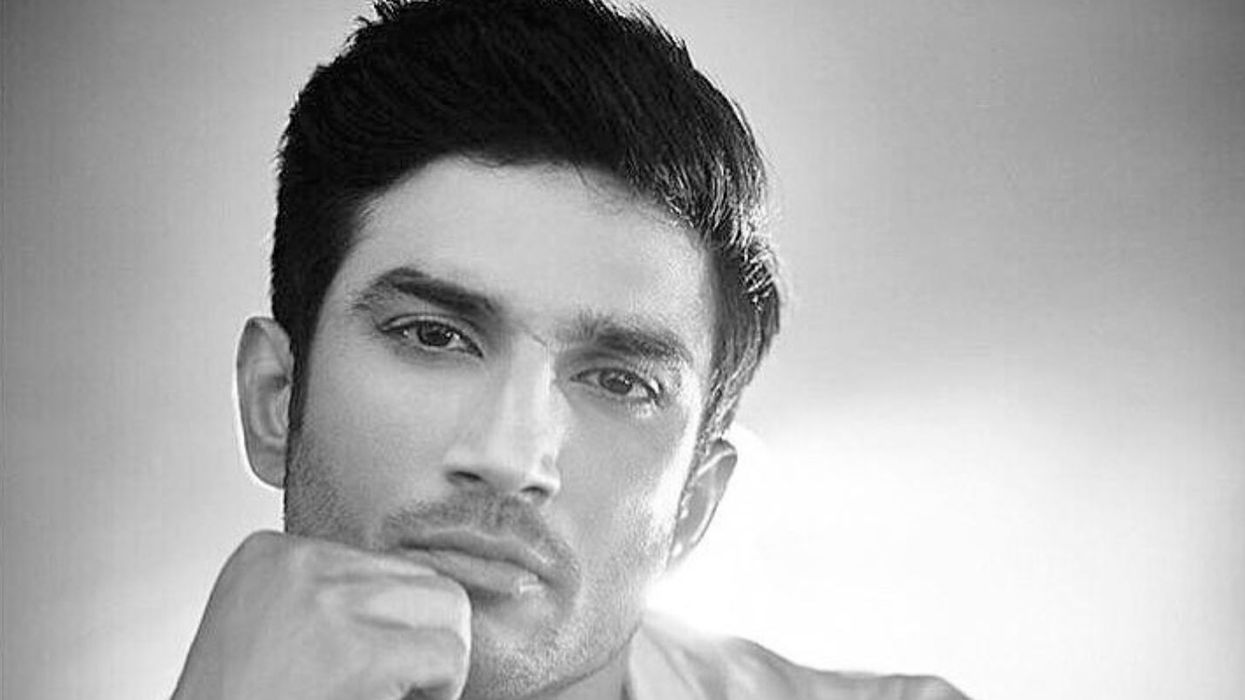THE death anniversaries of late stars Meena Kumari (March 31) and Divya Bharti (April 5) fall in the next couple of weeks.
What both leading ladies had in common was that they died young – Meena Kumari in 1972 and Divya Bharti in 1993 – leaving the Hindi cinema industry in deep shock. There have also been other Bollywood stars who unexpectedly died young across the decades.
Eastern Eye looked back to compile a list of stars who passed away in their prime.
Dinshaw Bilimoria: The highest-paid male star of the silent era, Dinshaw Bilimoria made a huge impact in successful movies during the 1920s. Although he appeared in remakes of his silent classics in the 1930s, his career slowed down, and he moved to playing supporting roles. Popularly referred to as the John Barrymore of Indian cinema, he transitioned into directing with Azadi-e-Watan (1940) and Jawani Ki Pukar (1942). He passed away shortly after in 1942, aged 37.
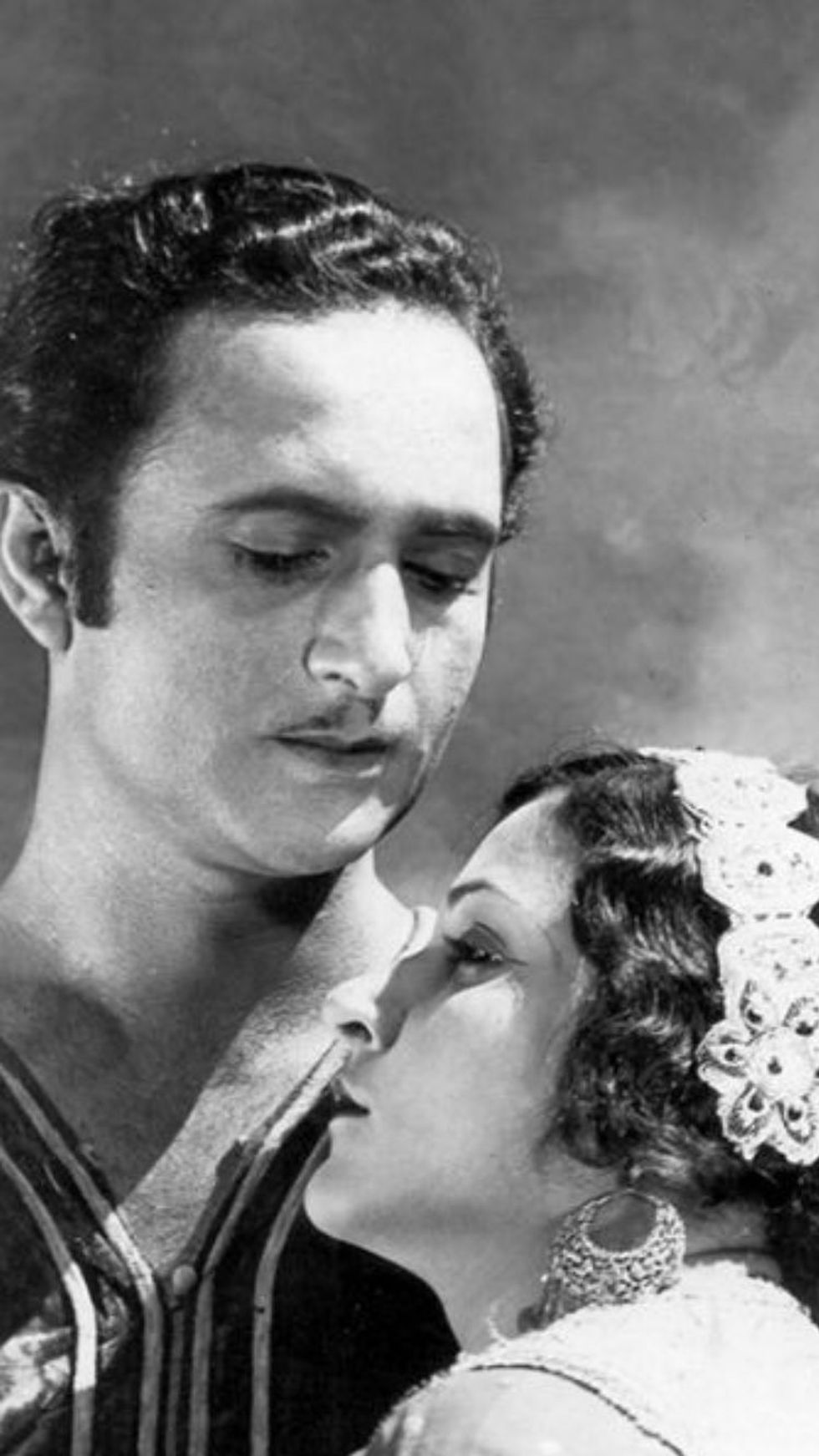
Guru Dutt: A rapid rise in the 1950s saw Guru Dutt become a massively successful filmmaker and actor in Hindi cinema. His incredible successes as a leading man included Aar Paar (1954), Mr & Mrs 55 (1955), Pyaasa (1957), Chaudhvin Ka Chand (1960), and Sahib Bibi Aur Ghulam (1962). The artistic genius was constantly battling inner demons and passed away on October 10, 1964, aged 39, after an accidental drug overdose.
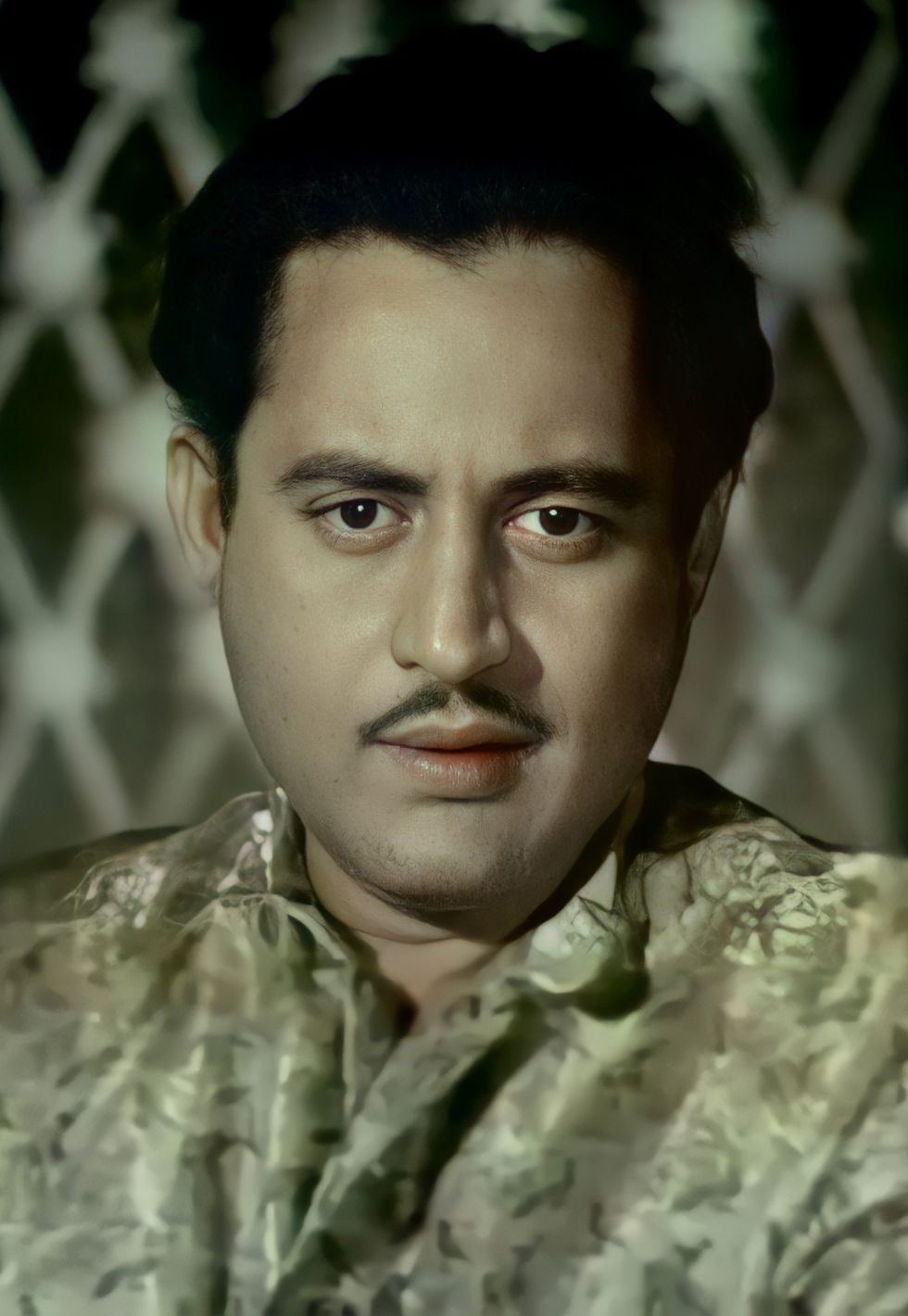
Geeta Bali: The talented child actress turned path-breaking leading lady generated great girl power on screen. She starred in successful films such as Dulari (1949), Baazi (1951), Albela (1951), Jaal (1952), Baaz (1953), Vachan (1955), and Jailor (1958). She retired young after marrying actor Shammi Kapoor and helped turn him into a superstar. Bali had decided to come out of retirement with the 1965 Punjabi movie Rano. Tragically, she contracted smallpox during the shoot and passed away, aged 34.
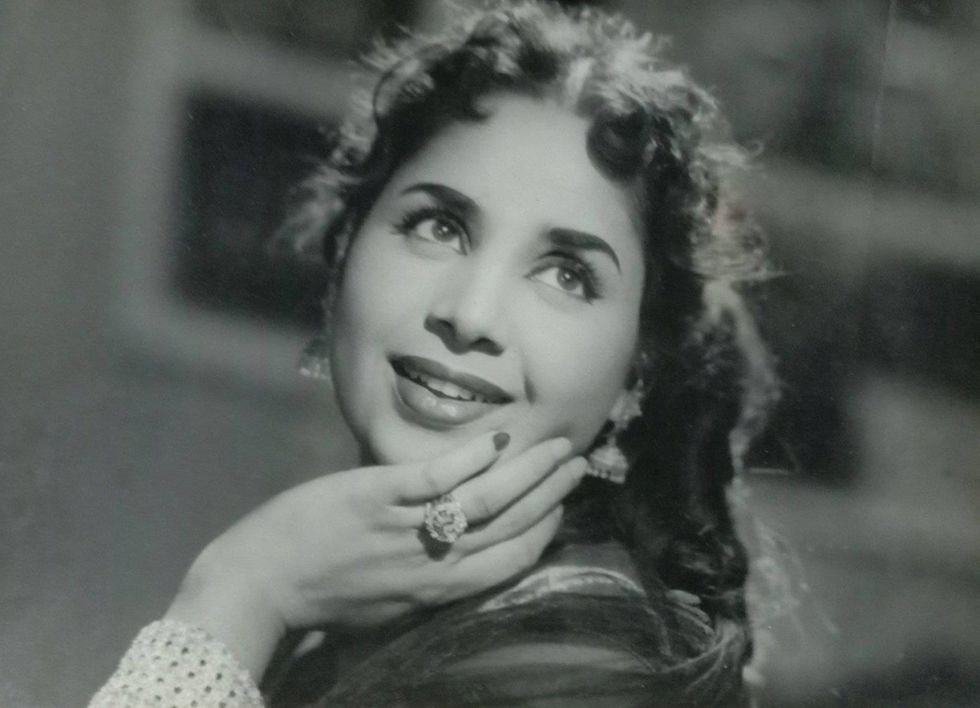
Madhubala: Widely regarded as the most beautiful leading lady in Bollywood history, the stunning cinema icon starred in alltime classics like Mahal (1949), Mr & Mrs 55 (1955), Chalti Ka Naam Gaadi (1958), Howrah Bridge (1958), Phagun (1958), Barsaat Ki Raat (1960), and Mughal-eAzam (1960). She had a congenital heart defect, which was first detected in 1954. Her health deteriorated badly in 1960, and for the next nine years until her death, she was largely confined to bed. She passed away from a heart attack in 1969, aged 36.
Meena Kumari: Dubbed the ‘tragedy queen’ of Bollywood, the actress made a name for herself with powerful performances in movies like Baiju Bawra (1954), Parineeta (1955), Dil Apna Preet Parai (1960), Sahib Bibi Aur Ghulam (1963), Kaajal (1966), and Phool Aur Patthar (1967). An abusive marriage to filmmaker Kamal Amrohi, which she eventually left, led her towards alcoholism. She succumbed to liver cirrhosis in 1972, aged 39, shortly after the release of her film Pakeezah (1972).
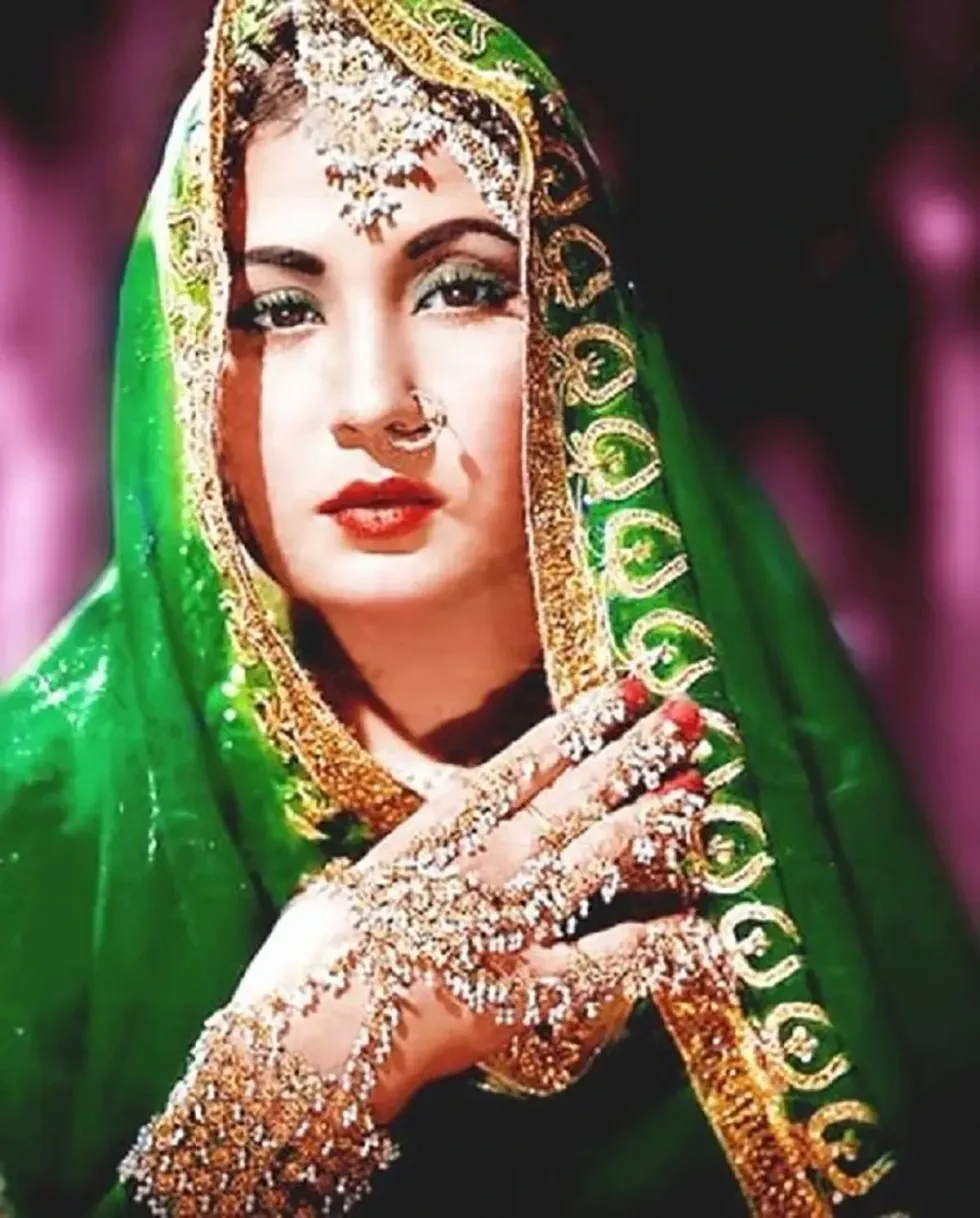
Smita Patil: One of India’s finest actresses, Smita Patil beautifully balanced commercial and art-house cinema. Her stunning body of work included Nishant (1975), Bhumika (1977), Chakra (1981), Namak Halaal (1982), Arth (1982), Ardh Satya (1983), and Mandi (1983). She married actor Raj Babbar, but then died on December 13, 1986, aged 31, two weeks after giving birth to Prateik Babbar on November 28. Although her death was attributed to childbirth complications, some alleged medical negligence.
Divya Bharti: When the teenage sensation burst onto the scene in 1992, she was expected to become the undisputed future Bollywood queen. Her successes included romantic drama Deewana (1992), which was Shah Rukh Khan’s debut movie. Then, on April 5, 1993, the film fraternity and fans were left in shock when news broke that she had fallen from her fifth-floor balcony. Although the actress was rushed to hospital, she died, aged 19. There have been many conspiracy theories, but no wrongdoing was ever established.
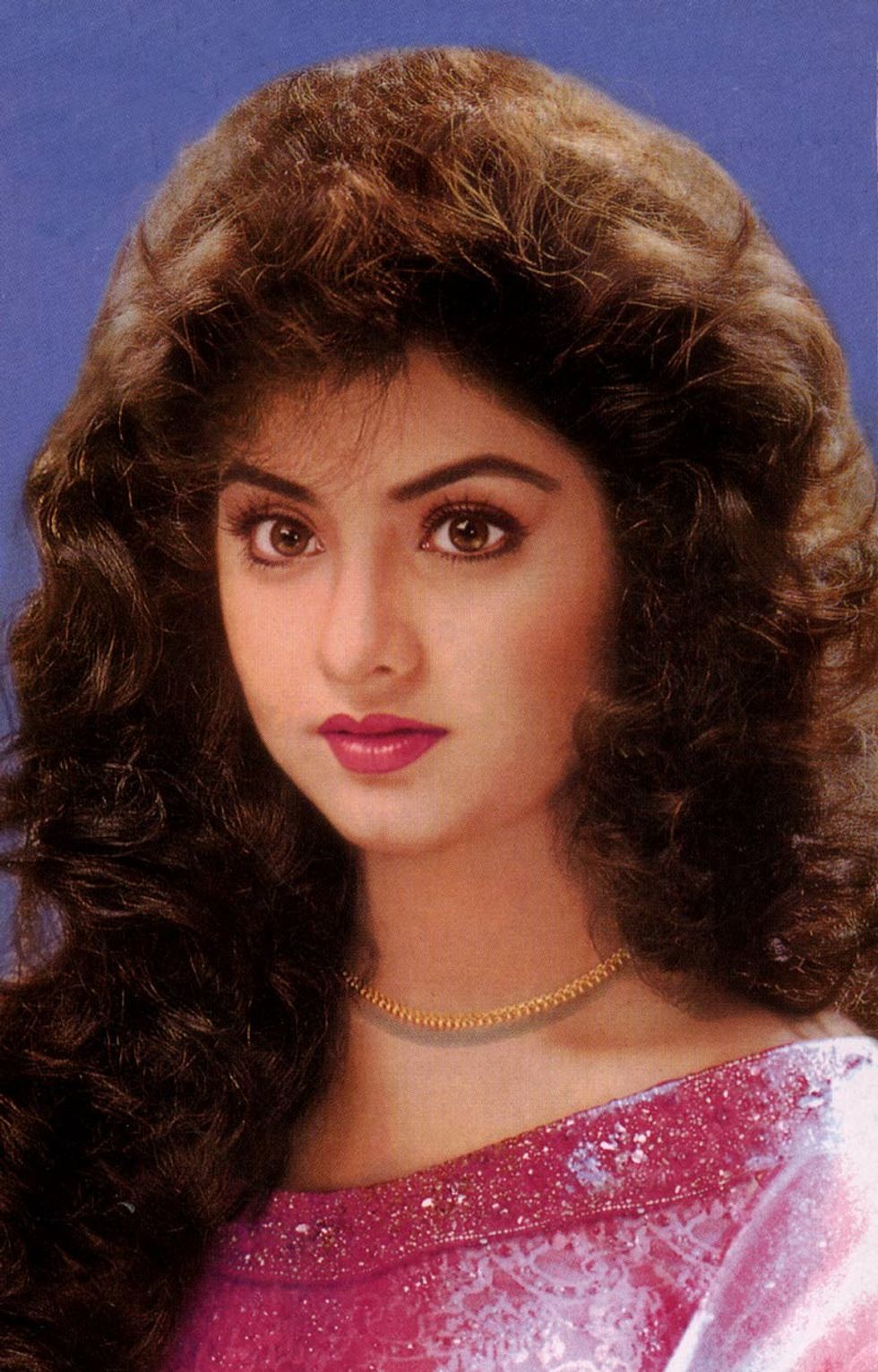
Jiah Khan: The British actress wanted to make a name for herself in Bollywood. She started her career with the controversial drama Nishabd (2007) and the blockbuster hit Ghajini (2008). The rising star reportedly committed suicide by hanging herself on June 3, 2013, aged just 25. In 2018, her boyfriend Sooraj Pancholi was charged with abetting Khan’s suicide but was acquitted in 2023. Her mother and many fans have campaigned to investigate whether there was foul play.
Sushant Singh Rajput: The TV star turned bankable Bollywood leading man starred in movies like Kai Po Che! (2013), MS Dhoni: The Untold Story (2016), and Chhichhore (2019). On June 14, 2020, it was widely reported that he had committed suicide by hanging, aged just 34. While it sparked a debate on mental health, many suspected foul play. The investigation remains open, with many unanswered questions about an actor who died young.
